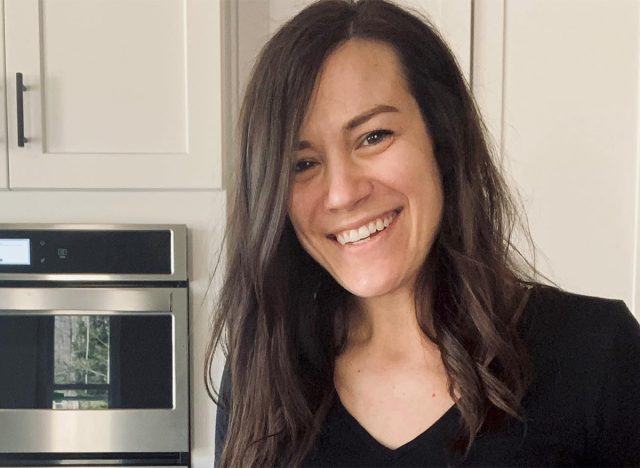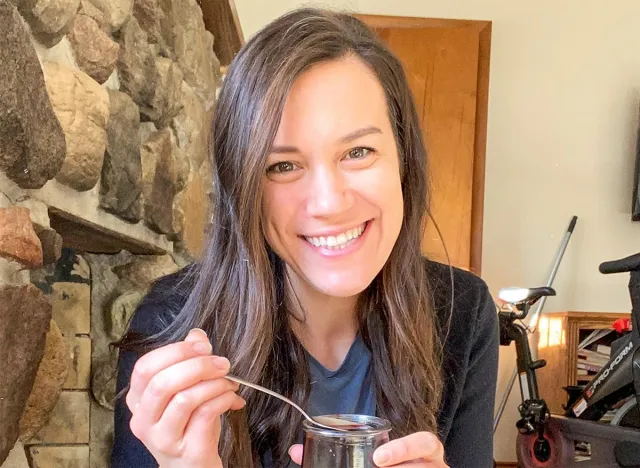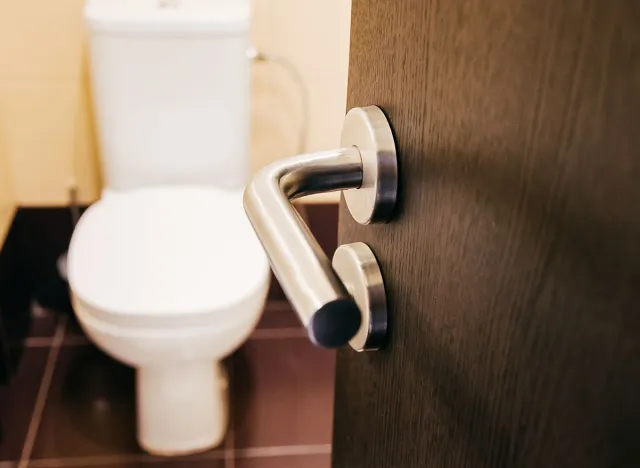5 Signs Your Metabolism is Damaged from Dieting
If you feel like your metabolism isn't working efficiently, you aren't alone. Kelsey Kunik, RD, is a nutritionist who tries to help people "overcome overeating without dieting." In a recent Instagram video, she discusses metabolism and how yours could be damaged because of dieting. "Do you ever feel like other people are 'blessed' and you're 'cursed' when it comes to your metabolism??" she writes in the beginning of the post, going on to explain why and what you can do about it. Body Network also consulted with our Resident RDN, The Diet Diva, Tara Collingwood, MS, RDN, CSSD, LD/N, ACSM-CPT, a Board Certified Sports Dietitian, co-author of the Flat Belly Cookbook for Dummies, to offer her input on the topic.
Some People Try Dieting to Speed Up Their Metabolism, But It Has the Opposite Effect

In the video, Kunik explains that oftentimes when someone believes their metabolism is damaged, they might go to the wrong extremes. "That might lead you to dieting to lose weight or speed things up, but the truth is that dieting, especially dieting on and off over several years, can have a massive impact on how efficiently you burn calories," she says.
Here Are the Signs and Symptoms Yours Needs Help

"While this is NOT medical advice and it's not the ONLY possible cause of these symptoms, your metabolism could use a little help if you experience any of these," she says.
Holding Onto Extra Weight

Are you feeling heavier than usual? The first sign is "holding on to extra weight," says Kelsey.
Fatigue

The second sign your metabolism is damaged? "Feeling tired," she says.
Constipation

Are you having trouble going to the bathroom? "Number three on the list is constipation," she says.
Always Feeling Cold

Are you getting the chills more than usual? The fourth sign your metabolism is damaged is that you are "always feeling cold."
Hormone Imbalances

Are you feeling all over the place or unusually hormonal, even when it's not that time of the month. Number five, "hormone imbalances," she says.
The Answer: Feed Your Body with Nutrients

What should you do about it? "And the answer to repairing your metabolism is NOT another diet," she continues. "When your body is given nourishing food on a regular basis that's balanced with high protein, fiber, quality carbohydrates, healthy fats, and plenty of fruits and veggies, it begins to trust that food is available and your metabolism can start to HEAL itself. Your metabolism will NOT improve when your body is in a constant flux of starvation and excess — as if you needed another reason to stop dieting!"
Related: This Is Exactly How to Lose Body Fat This Year
Why Your Metabolism Could Be "Tanking," According to Collingwood

Collingwood agrees on all points. "All of these could be signs that your metabolism is tanking," she says, offering reasons why it may be happening. "It could be from lack of physical activity, poor diet, eating too little, getting too little sleep, or a variety of other reasons," she says. "When under stress, the body tries to hang on to what it has which means lowering metabolism to prevent weight loss and cause fatigue and other symptoms."
💪🔥Body Booster: If you are struggling with your metabolism, resist dieting. Instead, try and take a more balanced approach to nutrition, allowing it to reset.





